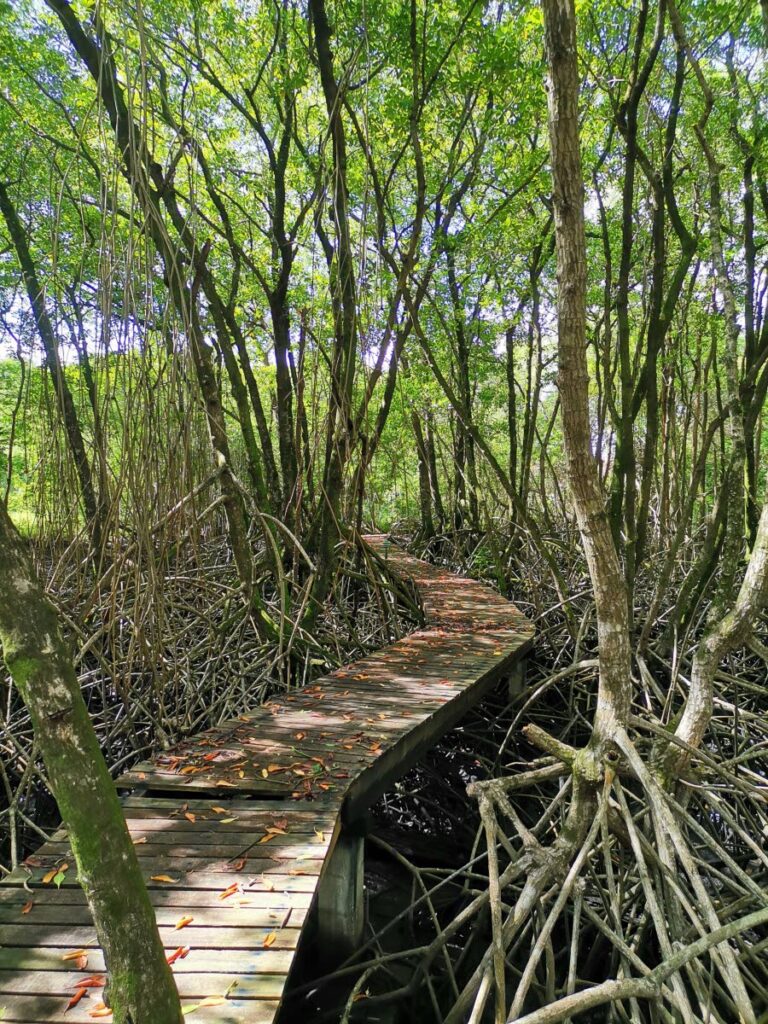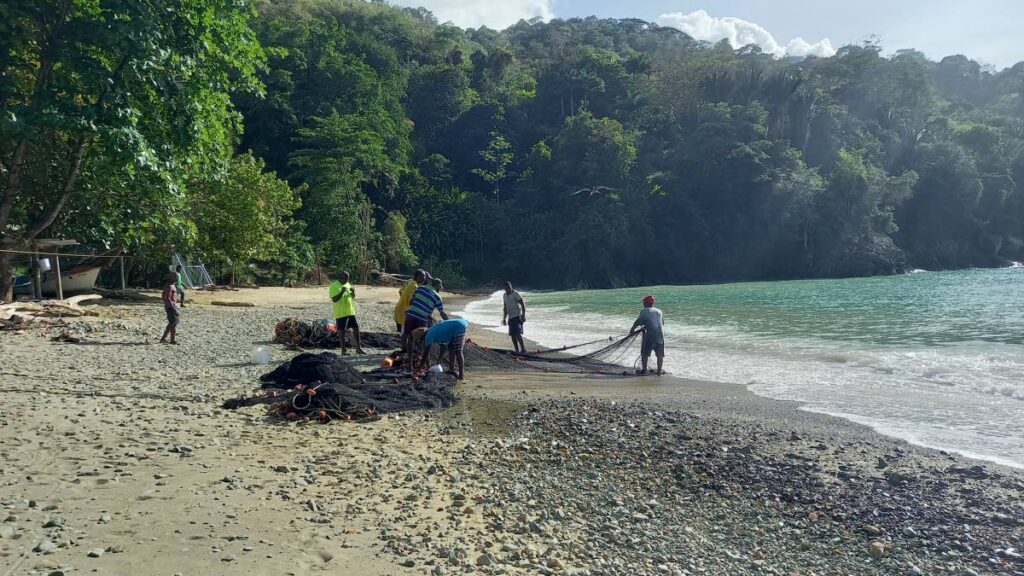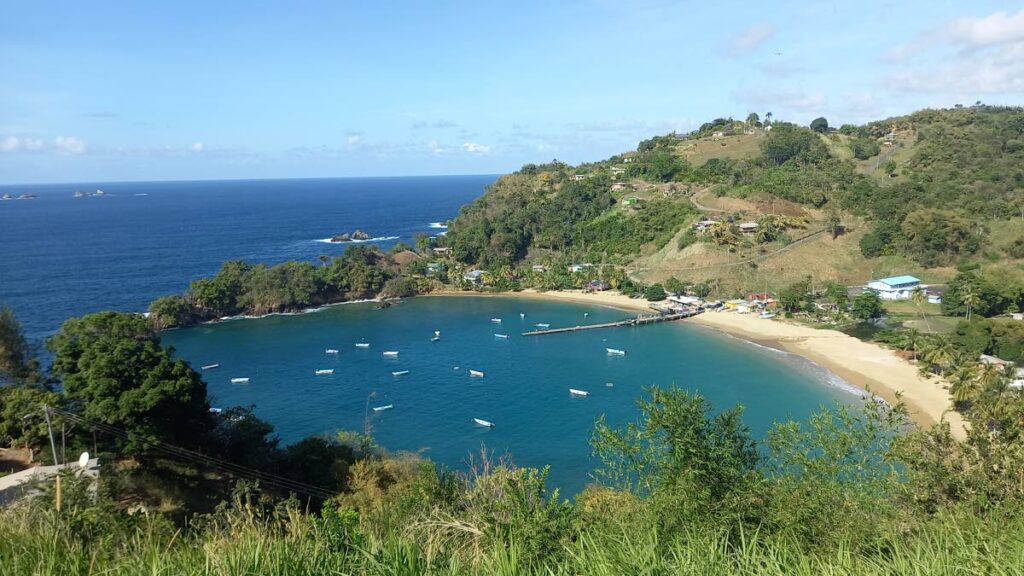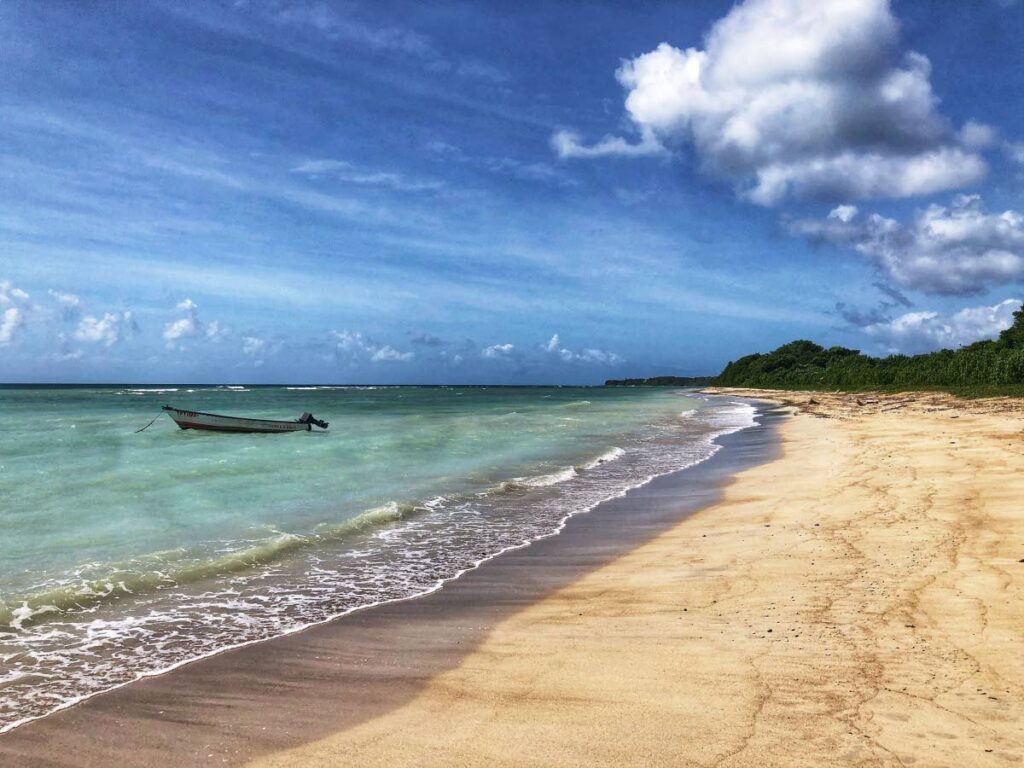Leading environmental sustainability

Hannah Lochan is looking for an advocate in government that will lead with science and empathy, and develop ecological citizenship.
At the end of covid19 as announced by the World Health Organisation, we acknowledge and pay respect to the lives lost during those difficult years. We thank the first responders and all those involved to control and assist during the pandemic. I would like to highlight the role the government played in allowing science and scientific data to guide the decision-making process through those tumultuous times; and wonder how this might be the norm. According to Prime Minister Dr Keith Rowley during one of his press conferences:
“We had within TT, a population of public servants and their associates who were able to give us the appropriate advice and the government took the position that we will make our decisions based on the science and trust the professionalism of our healthcare professionals, and I must say it has worked very well for us. The government would continue to make decisions based on the science.”

Rowley’s commendation of the use of science during the pandemic ought now to be applied to the other current issues plaguing the country, especially environmental threats and challenges.
TT is served by a number of public servants and accomplished experts with backgrounds from environmental biology to economics to policy making who are capable of giving “appropriate advice.” We have the human capacity, and adherence to scientific data is instrumental in successful decision making often overlooked.
TT has signed on to many agreements such as the 30 by 30 Global Ocean Alliance (GOA supports the target to protect at least 30 per cent of the global ocean by 2030) for marine protection with attendant environmental conditions to be implemented. There are also draft policies before Cabinet such as the Integrated Coastal and Ocean Management Plan. The success of these initiatives require active participation and support at all levels, from governmental to general public. However, it often seems to be a battle rather than a collaboration for the good of the country. With little support for environmental issues in decision making, it is often left to the public to uphold the importance of our natural resources.
As leaders, both the Tobago House of Assembly (THA) and the central government must display commitment to environmental concerns and to promote the “green” outlook among citizens.
Citizens must be educated to deal with the 21st century challenge of environmental preservation in our private lives as consumers and households and as citizens participating in public decision-making about projects with intergenerational impacts on our environment, given that we are small islands with fragile ecosystems. What is needed is science supported by leadership with empathy for the environment and a commitment to develop ecological citizenship.
Empathy allows intelligence (science) to turn into wisdom and this wisdom turns learning into the quality that better serves community and humanity. This is ultimately what we want to accomplish, empathy for the environment, for flora and fauna, empathy for groups most affected by disasters and empathy for ourselves as we navigate climate change as a small island developing state. In this wisdom we increase our self-awareness, strength, and advocacy. To progress as a nation, we need these qualities both at the individual or community level, and most importantly, at the governmental level. Such a co-ordinated approach can transform our society to be more resilient, empowered, and self-sustaining.

In our recent history, we have demonstrated where science-supported advocacy is successful.
One such example is the protection of leatherback turtles. In 1964, Professor Peter Bacon of TT Field Naturalists Club (TTFNC) responded to the problem of leatherback turtle poaching. He campaigned for the patrol of beaches to monitor leatherback turtle activity and the tagging of turtles to understand their migratory patterns, with the support of the community and fisheries division. Today, the science and activism continue. These turtles are revered and renowned around the world and are an Environmentally Sensitive Species (ESS) as of 2014 in TT People travel from far and wide to witness the majesty of turtles coming ashore to lay eggs and hatchlings heading back to sea creating a lucrative eco-tourism attraction. However, it feels as if these success stories are not frequent enough.
This month, the Environmental Management Authority (EMA) made the Environmental Impact Assessment (EIA) for the proposed 500 room hotel to be built in Kilgwyn, Tobago, available to the public for comment. With further construction planned for the developed south-western peninsula it suggests that there is a gap in understanding the ecosystem services provided by this area that will be under further threat. This area is the last littoral forest protecting shoreline stabilisation, protecting against winds and aiding to improve water quality. The intention here is certainly not to reject the notion of development but to question the choice of model as well as location. Large scale all-inclusive resorts place a significant strain on already limited resources.
Approaching development from a genuine eco-friendly approach will support plans that are in tune with and less harmful to the environment.

On reading the EIA, one major point stood out. In the public survey, a question was asked “How do you think the Kilgwyn hotel development will affect the local environment?” Thirty-seven per cent of respondents stated there will be major impacts, 48 per cent required more information before making a definitive choice and 15 per cent believed there will be minor to moderate impacts. This reveals there exists a high level of concern for the environment. Furthermore, the majority of people are interested in learning more thus indicating great potential for increased public education and awareness. Engaging the public with all the relevant critical data will ensure that the investors are held in check by the stakeholders and that the community gears itself to benefit from any proposed project.
In addition, careless treatment of sustainability issues in major projects can prove counter-productive for the future. Scandinavian and Western European countries are aggressively promoting “ecological citizenship” among their populations. These are the countries from which some of our tourism projects seek to draw their clientele. Tourists from these destinations would be unwilling to patronise resorts that do not demonstrate environmental sustainability. Through social media negative publicity can be drawn quickly to projects that show scant regard for sustainability issues.
Let us use science, empathy and new empirical evidence to decipher the best strategies for sustainable development. Engage our communities with information and advocacy. Surely government support for a science-based empathetic approach will earn trust and improve ecological and socio-economic resilience.

Comments
"Leading environmental sustainability"